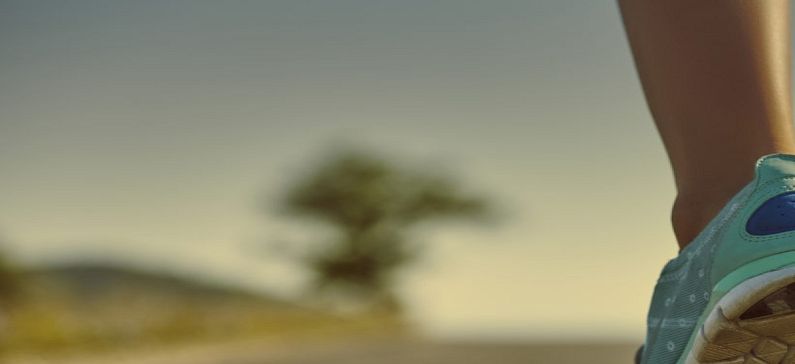
Greek researcher reveals the sports that will save your life
An international research collaboration, led by a Greek researcher, has found that cycling, swimming, aerobics and racquet sports offer life saving benefits compared to running and football.
Published today in the British Journal of Sports Medicine, the study also found that death from cardiovascular disease (CVD) was reduced in people who participated in swimming, racquet sports and aerobics. The study examined 80,000 adults over 30 years of age to investigate the link between participation in six different “exercise disciplines” and death, including cycling, swimming, racquet sports, aerobics, football and running.
The researchers drew on responses from 11 nationally representative annual health surveys for England and Scotland, carried out between 1994 and 2008.
“Our findings indicate that it’s not only how much and how often, but also what type of exercise you do that seems to make the difference,” said lead author Associate Professor Emmanuel Stamatakis from University of Sydney.
“Participation in specific sports may have various benefits for health. These observations with the existing evidence should support the sport community together with other sectors to design and implement effective health enhancing exercise programs and physical activity in general.”
Compared with study participants who did not participate in the corresponding sport, risk of death from any cause was:
- 47% lower among those who played racquet sports (tennis, squash, badminton)
- 28% lower among swimmers
- 27% lower among those who participated in aerobics
- 15% lower among cyclists.
Compared with study participants who did not participate in the corresponding sport, risk of death from cardiovascular disease was:
· 56% lower among those who played racquet sports
· 41% lower among swimmers
· 36% lower among those who participated in aerobics.
Emmanuel leads a research program of epidemiologic and interventional research investigating how lifestyles and health related behaviours (physical activity, sedentary behaviour, screen time, alcohol consumption, sleep, dog ownership) influence cardiometabolic health, mental wellbeing and mortality risk; and how the socioeconomic environment influences these lifestyle health behaviours and their health effects.










